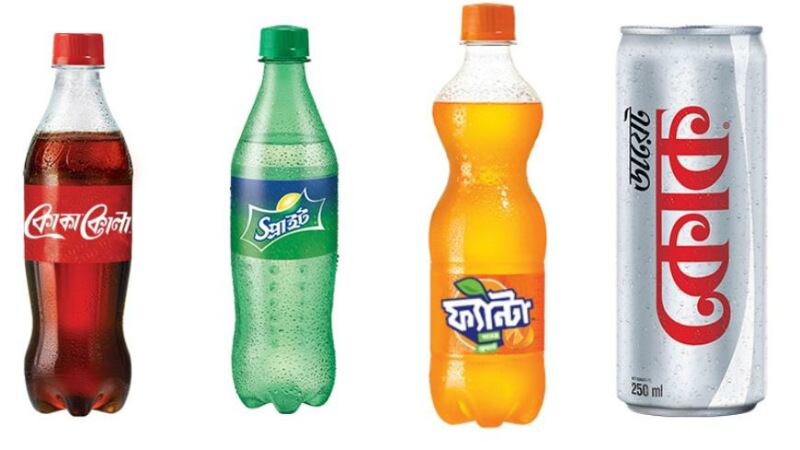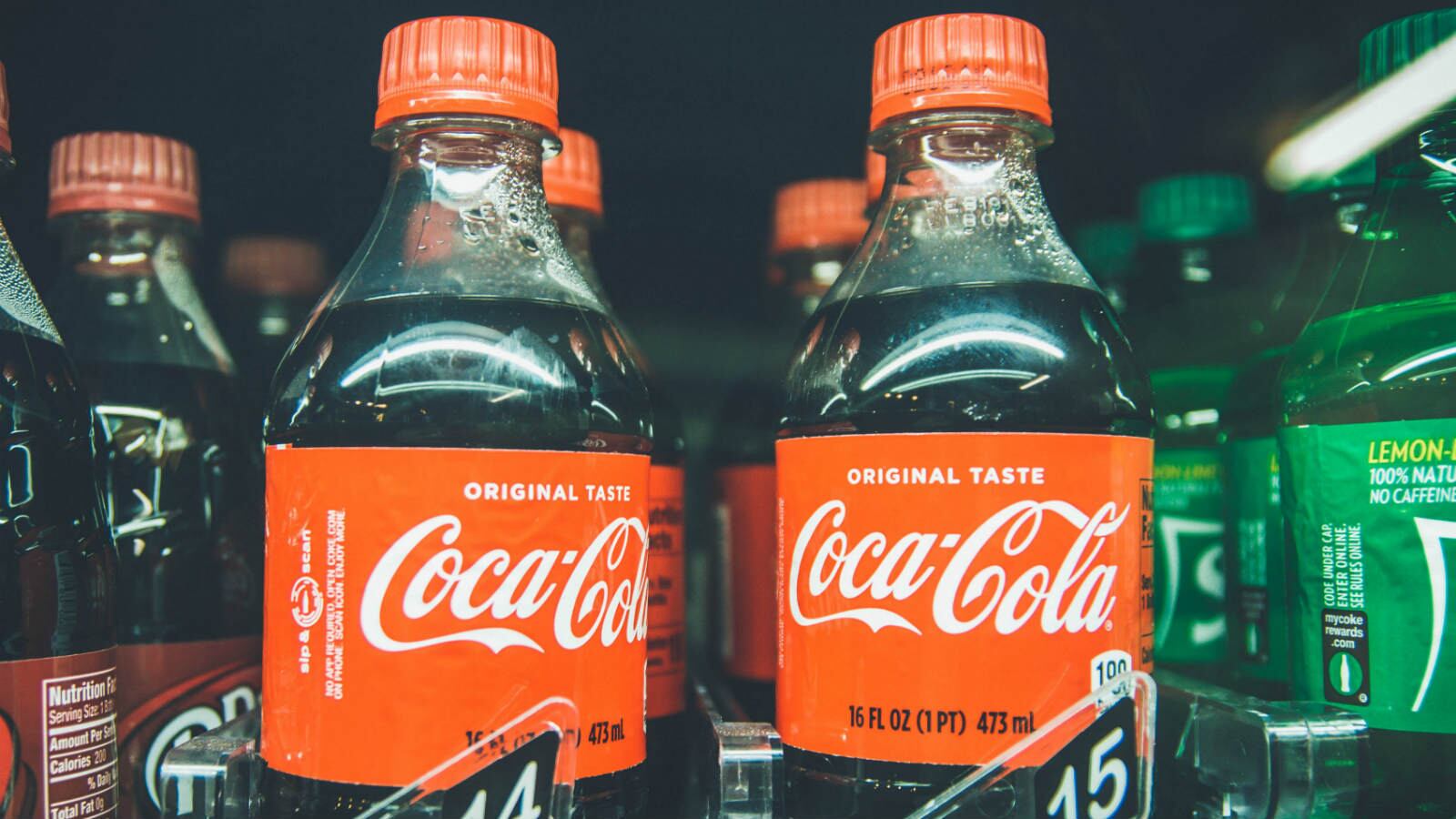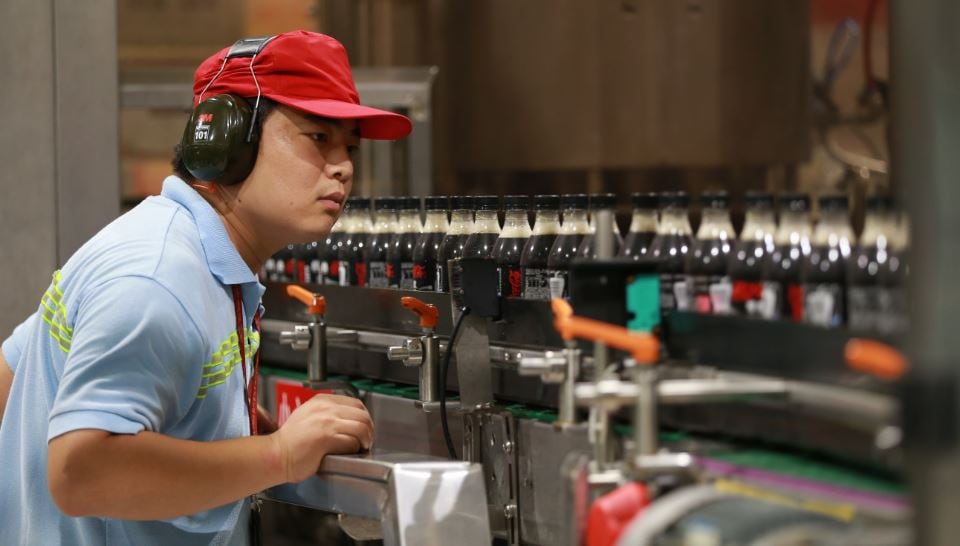“Coca-Cola has invested US$100mn [in Bangladesh] in the past years. [We have been here for over five decades], and plan to invest another US$200mn in the next five years in the country,” Coca-Cola Chairman and CEO James Quincey said at a public event in Bangladesh.
“Bangladesh is one of the rising economies in the world. The country is very consistent in economic growth. The purchasing power of people is increasing.
“Bangladesh is a very [big] potential market for Coca-Cola, as there are huge opportunities to continue business [here]. The company is incredibly optimistic about the future in this beautiful and dynamic country [and we are] incredibly optimistic about the future in this beautiful and dynamic country.”
Another component of Coca-Cola’s plans in Bangladesh revolve around women-empowerment, building on a project ongoing since 2015.
“In 2015, the Coca-Cola launched its first Women Business Center to economically empower Bangladeshi women entrepreneurs. [The goal is] to empower 100,000 women by the end of 2020,” said the company in a statement on its Facebook page.
Quincey added that this was part of Coca-Cola’s global initiative to economically empower five million women entrepreneurs across the company's value chain by 2020.
One of the firm’s most popular beverage brands in the country is localised cola Thums Up, brought over from neighbouring India but with a local production plant in Bangladesh. A stronger ‘caffeine-charged’ version dubbed Thums Up Charged was also launched in the country in 2017.
Bengali language labelling
The country is one of the first in the region where Coca-Cola implemented the use of local language labelling – in Bangladesh’s case, this language was Bengali, and the strategy appears to have paid off so far, so much so that the company seems to be looking to do the same in India.
"West Bengal has an independent supply chain of all products and the state is a key growth market for the company. This has encouraged us to pilot this hyper-local strategy from here," Coca-Cola India and South West Asia President T Krishnakumar told News18.
However, such a move is not without its risks, as evidenced by a lawsuit brought forth against Coca-Cola last year for ‘discrediting’ the language.
According to Dhaka Tribune, the Bangladeshi High Court decreed that: “The Bangla words printed on the labels of Coca-Cola bottles are offensive and dishonour the Bangla language.”
“Such words cannot be considered Bangla words because they discredit the language.”
The words in question were found to have different meanings when used colloquially as opposed to formally (as per their dictionary definition).





